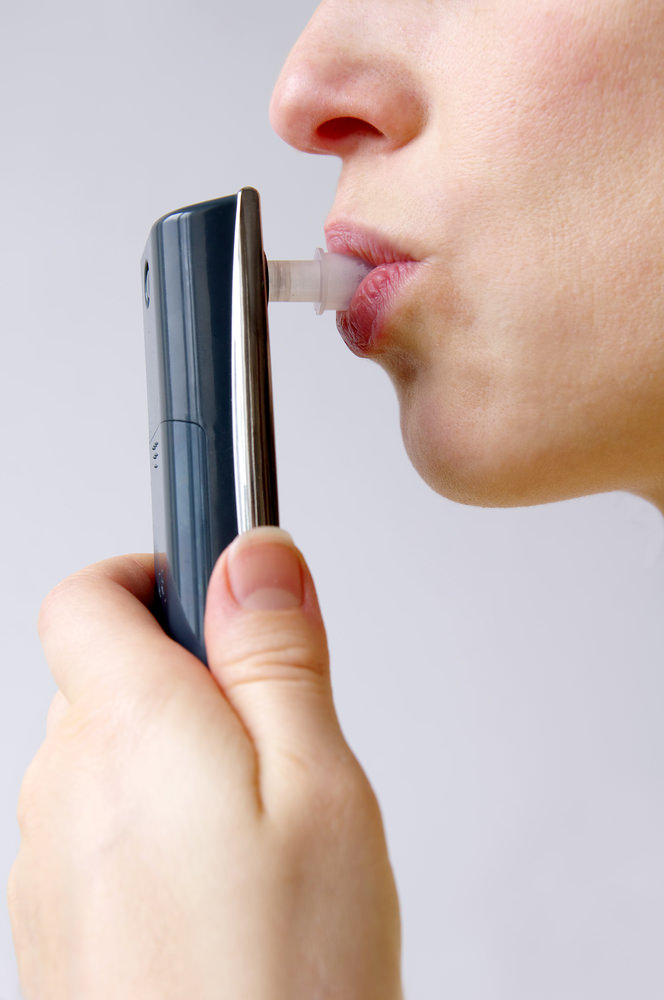 Prior to adopting a new evidence code in January of 2013, Georgia had been the last state in the country to permit the prosecution to use evidence of a prior DUI during trial. This meant that if you had been arrested for a DUI in the past, the prosecutor was able to tell your jury about it in a subsequent trial for a new DUI arrest.
Prior to adopting a new evidence code in January of 2013, Georgia had been the last state in the country to permit the prosecution to use evidence of a prior DUI during trial. This meant that if you had been arrested for a DUI in the past, the prosecutor was able to tell your jury about it in a subsequent trial for a new DUI arrest.
The old evidence code was conspicuously outdated and attorneys across the state applauded the legislative move to update the rules so that they would more closely resemble the Federal Rules of Evidence. However, this move was not without controversy. One of the political hot-button topics that spurred heated debate at the Capitol was the fact that the Federal Rules of Evidence do not permit the liberal use of similar transactions in DUI cases.
Prior to January 1, 2013, if a driver had previously been arrested for DUI in the past, that prior DUI was admissible against him in his trial for the new DUI charge. This was a powerful tool for the prosecution as it is extraordinarily difficult for jurors to evaluate the facts of the current case without being prejudiced by the knowledge that the driver had been in trouble before.
Prosecutors throughout Georgia – fearful that they would be stripped of this very potent tool in DUI trials — made the trip to Atlanta to lobby legislatures to carve out an exception to the new rules of evidence that would permit them to continue using similar transactions for DUI cases.
The prosecutors were successful – in part. Due to their tireless efforts they managed to win over the lawmakers and negotiate a new rule that would permit them to use the similar transaction evidence in DUI trials – under limited circumstances.
As January 1, 2013 approached, lawyers and judges alike worked hard to become comfortable the new rules of evidence. Early on in the process it became apparent that the limited exception the prosecutors negotiated was not as clear-cut as some might have hoped. Two factions amongst judges and attorneys emerged well before the law took effect.
One group – the majority — interpreted of the new exception very narrowly. This first group understood the new law to permit evidence of a prior DUI only when the driver took the stand and claimed that he refused the test for innocent reasons. Once this had occurred, the prosecution would be allowed to bring in evidence of the prior DUI to rebut the driver’s innocent explanation (e.g., I didn’t understand what the officer was asking me to do).
By contrast the second minority group interpreted the new law as having very few limitations to the admissibility of prior DUIs – i.e., they would be readily permitted to continue using similar transactions in much the same way as they previously had.
On the first Monday of January, 2013, attorneys Rebecca Kozycki and Barry Hixson were the first to put the new rules to work. The trial judge adopted the minority view of admissibility and evidence of the prior DUI was admitted. The driver was convicted of DUI and he appealed.
On March 28, 2014 the Georgia Court of Appeals reversed the trial court judge and formally adopted the narrow interpretation of the new rules of evidence in Jones v. State, A13A1940.
However, the matter is not yet resolved. Despite the strong victory at the Georgia Court of Appeals, the prosecution will likely appeal this case, thereby leaving it to the Georgia Supreme Court to once and for all clarify under what circumstances a prior DUI will be admissible in Georgia.